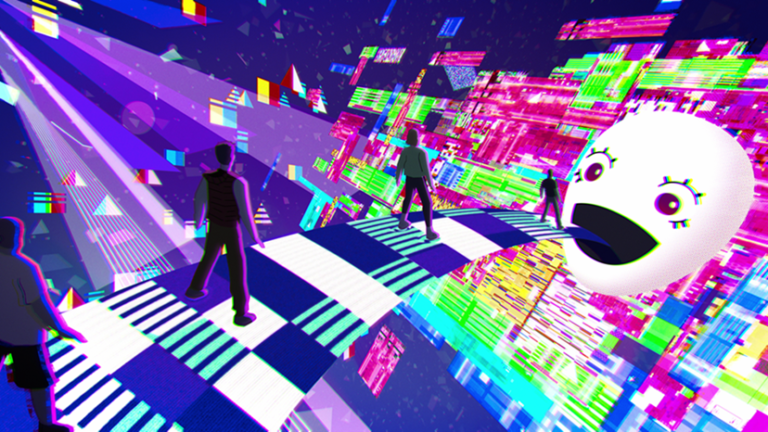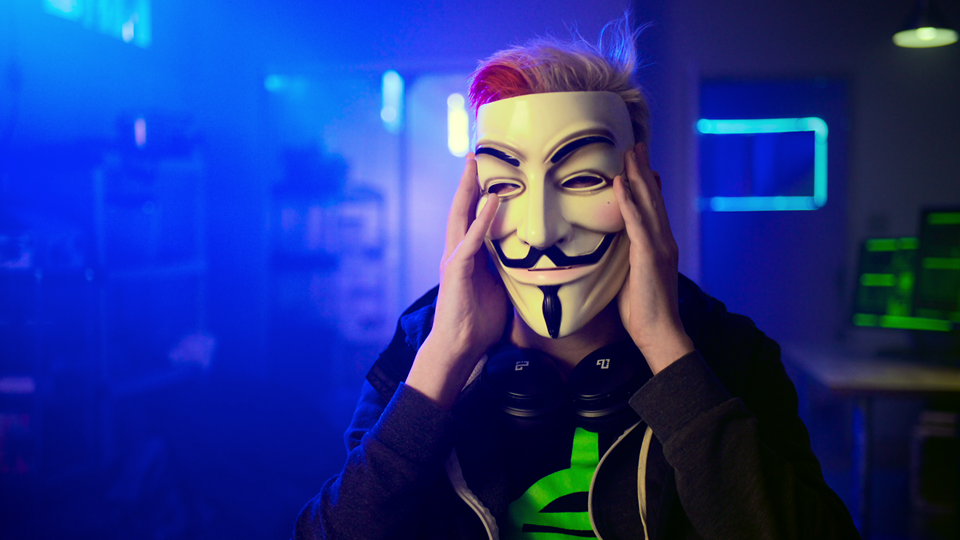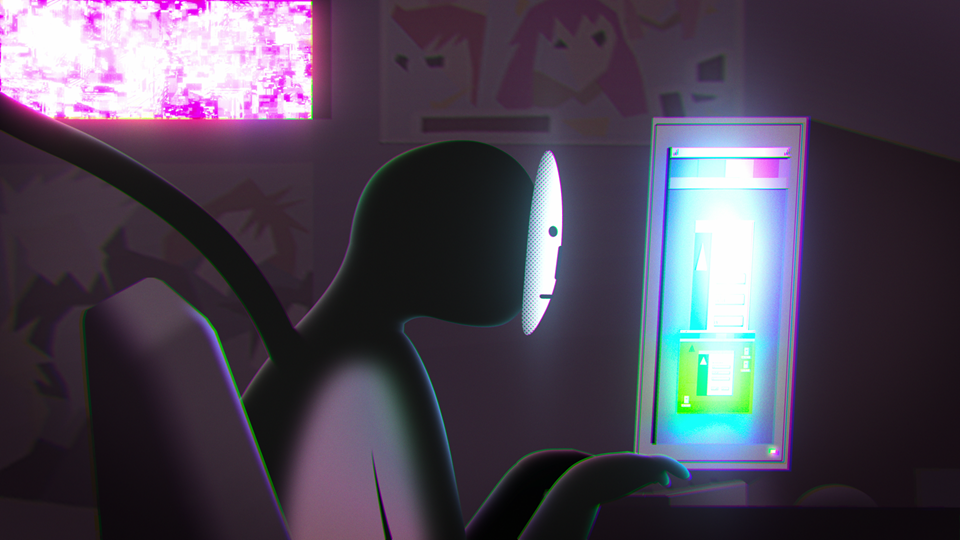
Anyone can say anything from behind a computer screen and isn’t likely to immediately, if ever, experience consequences for their words. In most cases, harassment and threats don’t lead to anything in the real world, but when they do, it highlights the fragility of a system that’s been created with the potential for enormous destruction and harm. The Antisocial Network: Memes to Mayhem traces the creation of one platform that has since evolved which is a launching pad for the expression of hate to mutate out into real life.
This documentary begins with the introduction of 2chan, a Japanese message board that gave way to 4chan, which quickly grew as a space friendly to those with extreme viewpoints. While its design and conception began as a place for harmless memes like Rickrolling and discussions about a variety of topics, the purposeful anonymity of the experience allowed it to mutate into something that, with the help of the Anonymous hacker community, has spiraled far out of control and has shown the ability to affect events with real people and a considerable and irreversible impact.

This film’s title is an obvious play on David Fincher’s Oscar-winning dramatization of the founding and growth of Facebook, The Social Network. But the key here is that 4chan and everything that came before and after it didn’t bring people together into a community where they could be known but instead one where they could blend into the group while continuing to conceal their identities. The proliferation of Anonymous, with its use of the Guy Fawkes mask popularized by V for Vendetta, is one such haunting example since the entire idea is that it could be anyone – or, more potently, everyone – behind that mask.
Notable events such as Gamergate, Pizzagate, and the January 6th insurrection at the Capitol are among the featured consequences of allowing 4chan and its peers to gain popularity without any sense of control. But what may be more upsetting is that many of the original creators and users, who speak freely in interviews throughout the film, describe how so much started as just stupid jokes that then were interpreted seriously and turned into something immensely problematic, like the link between the use of “Cheese Pizza” and “Child Pornography” because they both started with the same sets of letters. Attributing early actions like building a swastika in a virtual space to “being a stupid kid” feels irresponsible, while dismissing users gathering in-person and “throwing Sieg Heils” as not representative of the larger group shows just how easily things can become unruly and severely dangerous when no one can be held accountable.

That angry content does better on social media shouldn’t surprise anyone, since people are typically moved to action by seeing something they don’t disagree with rather than the passive appeal of something that affirms their worldview. The Antisocial Network shows how the application of such material can exponentially affect others as it travels from place to place almost immediately, growing into a monster that can’t be put back into a cage. Describing January 6th insurrectionists as participating in a “closed loop,” where their Internet-borne interests led them to film themselves and then upload that footage back onto the Internet, shows just how appealing – and precarious – it can be to get caught up in something that feels larger than just one individual, even if it’s completely manufactured from nothing. This is a desperate warning coming far too late, an investigation of a problem that’s beyond anyone’s fixing and is sure to only worsen over time. This film’s thoroughness and significance aren’t to blame for the problem, but it’s hard to come out of it feeling anything but dismay.
If you liked this article, please leave the comment below.
Grade: B+
Check out more of Abe Friedtanzer’s articles.
The Antisocial Network: Memes to Mayhem debuts on Netflix on Friday, April 5th.

